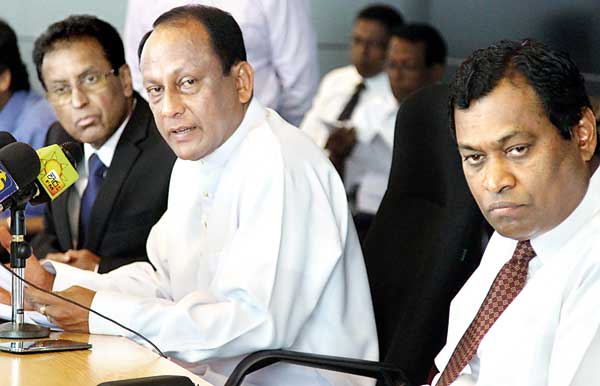04 Jul 2014 - {{hitsCtrl.values.hits}}

In a strategic move, the government has decided to set up new Industrial Processing Zones (IPZs) in remote parts of the country where industrialists will have easy access to abundance of labour. To this effect, the Invest Promotion Minister has presented a cabinet paper proposing an IPZ in Puttalam which has land to the extent of 250 acres. Meanwhile another three IPZs in the Hambantota district – Sooriyawewa, Mirijjawila and Bollagaswewa are currently being planned. Two IPZs in the Matara district –Mawarala and Hakmana are also in the pipeline. The President has instructed the Ministry to establish at least five IPZs for a district. An IPZ has already been established in Vavuniya, and Kilinochchi has been earmarked as a potential district for another one. Speaking on the progress achieved to-date, in Mirijjawela IPZ which has a total area of 228 hectares, Minister Yapa said they had received applications for 42 new projects and the lands have also been allocated based on government estimates. “One such project is already underway,” he noted. The lands have been allocated under 50-year lease with a US $ 1,000 premium during the initial three years increasing to US $ 10,000 thereon. The annual ground rental is US $ 3,850. After the Rathupaswala incident last year, which cost two lives, potentially hazardous industrial factories are now being re-located inside IPZs under President’s instructions. |
25 Nov 2024 2 hours ago
25 Nov 2024 2 hours ago
25 Nov 2024 3 hours ago
25 Nov 2024 3 hours ago
25 Nov 2024 4 hours ago